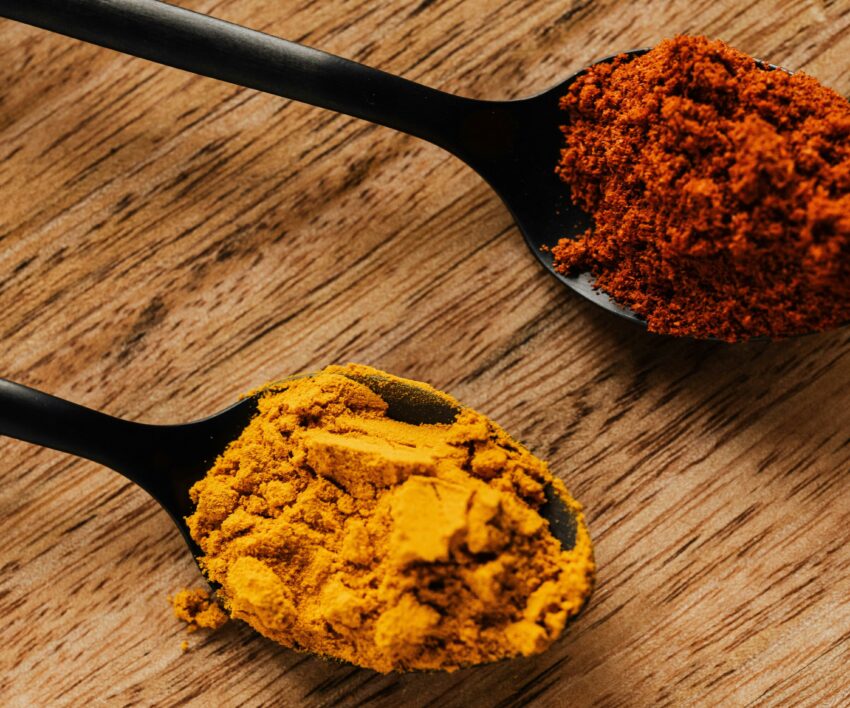
Turmeric, the golden spice recognised for its health advantages – might not be as harmless as it seems when mixed with certain medications.
While it’s a popular choice for boosting immunity and reducing inflammation, combining it with the below medications can lead to unexpected risks.
The Health publication states, “Turmeric is an Asian spice from the turmeric plant Curcuma longa, part of the ginger Zingiberaceae family. It contains curcumin, a natural pigment that gives turmeric its yellow colour.”
The above publication also mentions that turmeric has been shown in studies to have antioxidant and anti-inflammatory qualities. Numerous inflammatory diseases, such as osteoarthritis (OA), seasonal allergies, and respiratory (lung) infections, have been treated with turmeric and curcumin.
It is advisable to use caution when taking any diabetes medication that decreases blood sugar because turmeric and curcumin have the potential to do so as well. Ozempic (semaglutide), insulin, and glyburide are blood sugar-lowering drugs, the publication further claims.
According to Eating Well, “In order to prevent difficulties, those preparing for surgery should cease taking supplements containing turmeric before their scheduled procedure because it may function as a blood thinner. Discuss with your physician when to stop taking the supplement.”
The health website also states that to reduce the chance of allergic reactions, persons who are sensitive to or allergic to any of these should refrain from consuming turmeric-containing foods and supplements.
Medicine Net claims, “If a person has an iron deficiency or is prone to one, they should be mindful that turmeric may impair iron absorption,” and further adds to keep in mind that if a patient has a serious illness, is pregnant, nursing, or on certain drugs, excessive dosages of turmeric might not be suitable.
Also see: Is your bladder acting up? This could be the reason




